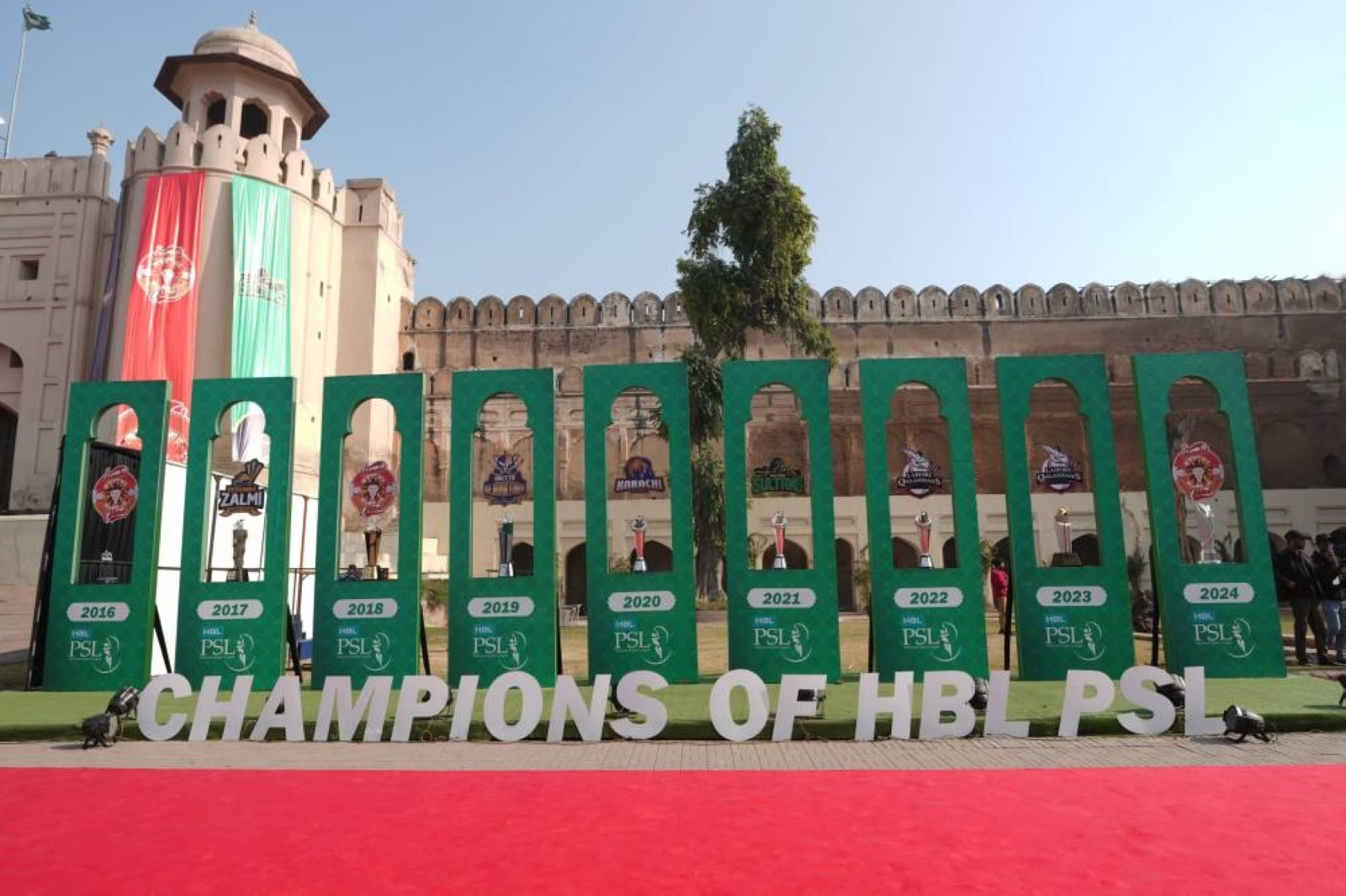The resignation of Inzamam-ul-Haq, the former Chief Selector responsible for selecting the Pakistani cricket team for the World Cup, has sent shockwaves through the cricketing community. Inzamam-ul-Haq’s decision to step down from his role came amidst a backdrop of controversy involving not only the Pakistan Cricket Board (PCB) but also the promising cricketer Zaka Ashraf. The incident highlights a clash of interests and accountability within the Pakistani cricketing landscape.
Inzamam-ul-Haq, a legendary figure in Pakistan’s cricketing history, has been at the center of the nation’s cricketing operations as the Chief Selector. His role was pivotal in selecting the team that would represent Pakistan in the prestigious World Cup. However, his tenure abruptly came to an end when he made critical remarks during an interview on Geo News’ program “Capital Talk.”
During the interview, Inzamam-ul-Haq openly expressed his reservations about the PCB’s rules and regulations. He declared his unwillingness to continue working with the PCB and indicated a growing frustration with certain aspects of the board’s decision-making process. His comments served as the catalyst for a chain of events that have strained the relationship between Inzamam and the PCB.
One of the central issues that emerged from the controversy was Inzamam’s claim that allegations made during the World Cup were not thoroughly investigated by the PCB. He contended that the board did not initiate an inquiry, nor did they establish contact with him. Furthermore, he stated that the PCB had not responded to any emails, leaving him in the dark about the nature of the investigation they were supposedly conducting.
Had Inzamam-ul-Haq’s resignation not been accepted, he believed he would have been relieved of his duties as Chief Selector due to the controversy. In a surprising twist, he also suggested that his decision to resign might have been influenced by certain individuals attempting to deflect responsibility onto others.
In response to Inzamam’s claims, the PCB maintained their position that his resignation had been acknowledged, and they would provide a definitive response once their investigations were completed. The ongoing investigations are reportedly focused on potential conflicts of interest, and Inzamam has indicated that he will be informed of the results once the inquiry concludes.
The controversy raises critical questions about the PCB’s ability to manage and retain top talent and leadership in Pakistan’s cricketing sphere. The PCB’s role in nurturing and maintaining talent is crucial for the success of Pakistan cricket. Incidents like this can have a far-reaching impact, and the response to such situations is a significant factor in the overall health of Pakistan cricket.
The controversy also underscores the need for transparency and effective communication within the PCB. Addressing concerns, conflicts, and controversies promptly is essential for maintaining the trust of key stakeholders, including players, selectors, and fans. Inzamam-ul-Haq’s resignation highlights the importance of these aspects for the integrity and future of Pakistan cricket.
In the midst of these developments, Zaka Ashraf, a promising cricketer, has also been caught in the crossfire. Inzamam-ul-Haq accused Ashraf of attempting to shift blame onto others, insinuating that Ashraf was responsible for the ongoing issues within the PCB. The tension and conflicts within the cricketing administration have led to further complications for young talents like Ashraf.
Inzamam-ul-Haq’s resignation and the surrounding controversy have thrown Pakistan’s cricketing world into turmoil. The PCB’s ability to handle such situations with transparency, effectiveness, and diplomacy is essential for maintaining the integrity and success of Pakistan cricket. The outcome of the ongoing investigation will likely shed more light on the circumstances surrounding Inzamam’s resignation and its broader implications for the cricketing landscape in Pakistan. The incident serves as a reminder of the challenges and complexities that exist within the world of sports administration and the importance of addressing issues promptly and transparently to ensure the continued growth and success of cricket in Pakistan.



